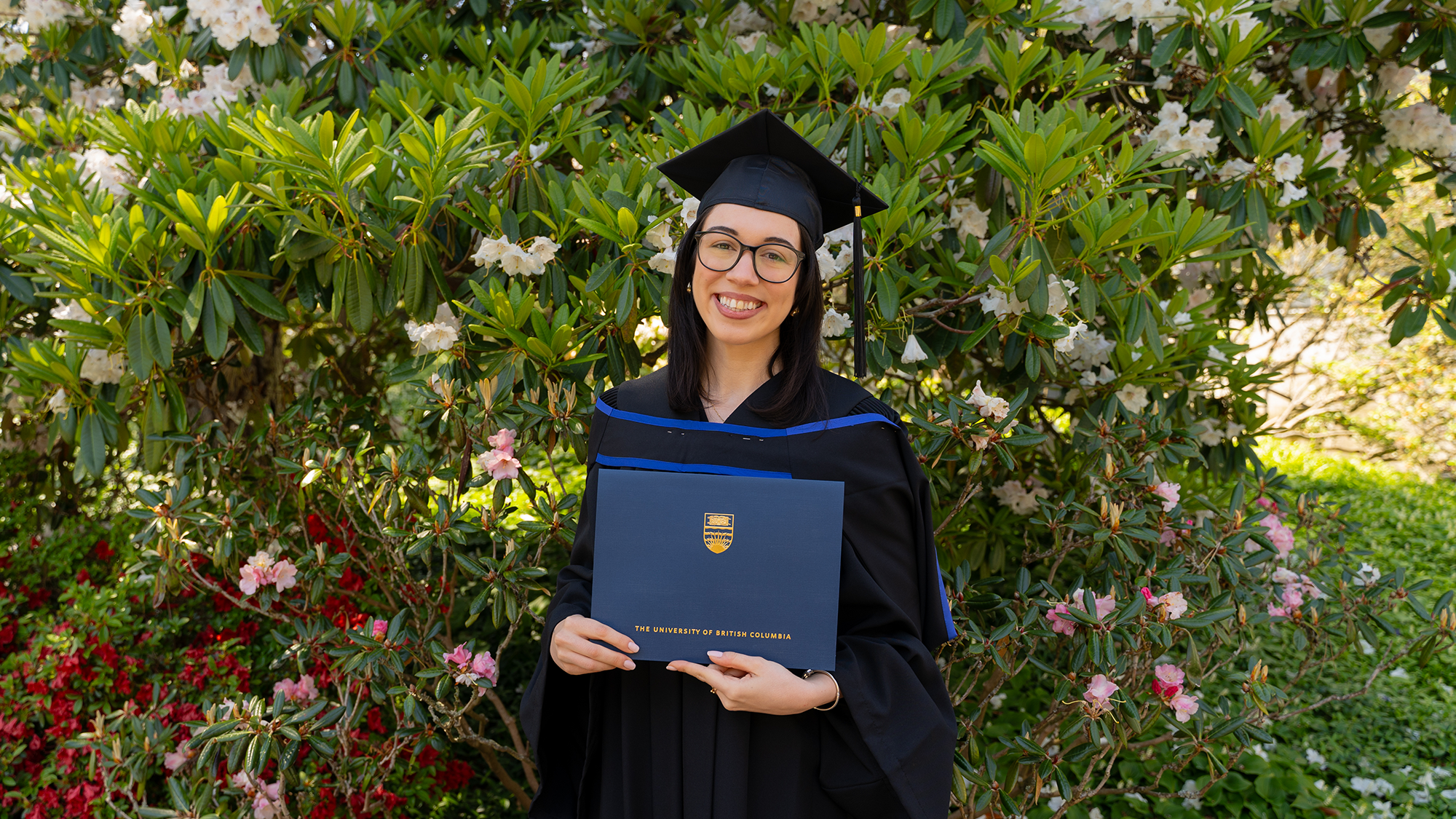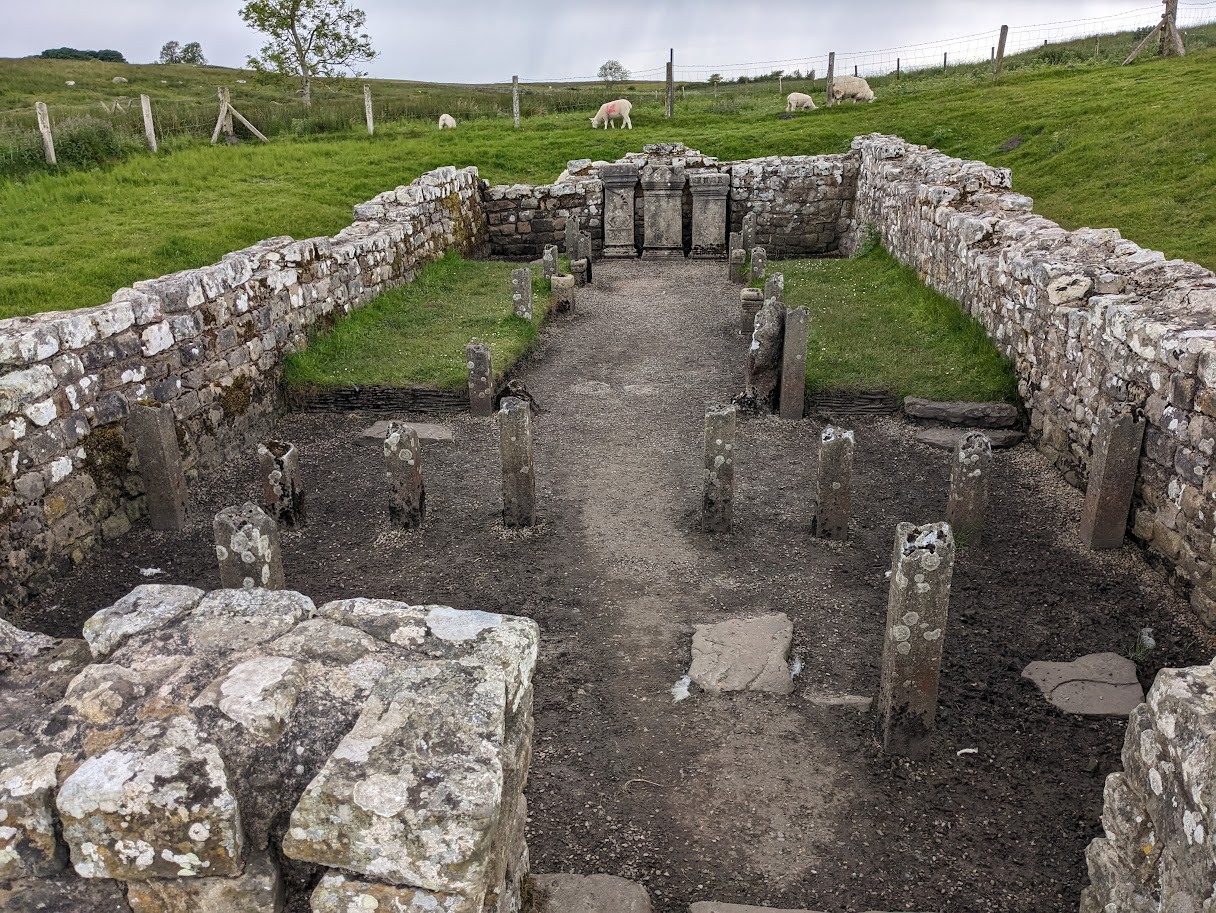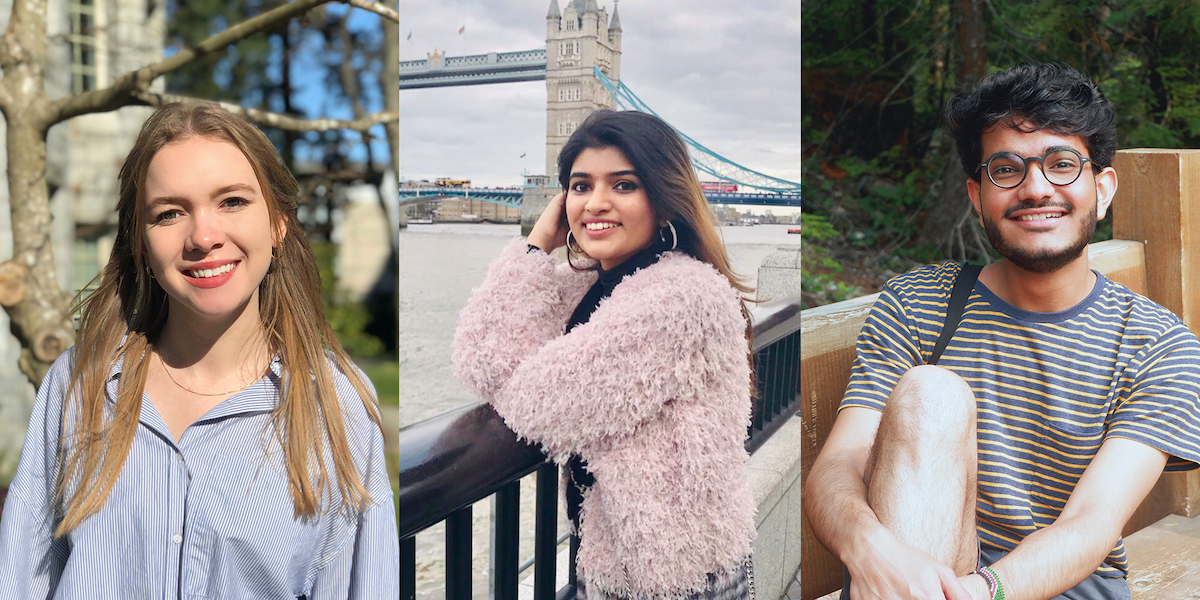

Students Olivia Klaasen, Ria Gupta, and Sahil Kanani
At UBC, you can learn as much outside of the classroom as you can within it. If you’re interested in applying your studies to help solve complex social and ecological challenges around the world, the UBC Office of Regional and International Community Engagement (ORICE) offers incredible opportunities to get involved.
With a growing number of community partners in Canada and around the world, ORICE brings education to life by connecting students with community-based organizations that engage directly with poverty, disability, conservation, health, education, sustainability and other important issues.
“While there were a lot of things that attracted me to this opportunity, the one that struck a chord immediately was that it was an opportunity to make a difference in India: my home country, where I have seen immense stigma surrounding mental health.”
In response to the ongoing global pandemic, ORICE has actively adapted remote programs to ensure that students continue to have opportunities to work with community partners. This summer, UBC students Olivia Klaasen, Ria Gupta and Sahil Kanani collaborated with one of India’s largest health networks, SHARP NGO, to explore challenges related to depression and anxiety in middle-aged school children affected by COVID-19 in Northern India.
Below, Olivia, Ria and Sahil discuss working remotely with an international team, how their research will impact the community, and how the project has changed their own perspectives on the world.
Ria Gupta
Fourth-year Arts student | Psychology major, Education minor


Why did you sign up to work with SHARP NGO?
While there were a lot of things that attracted me to this opportunity, the one that struck a chord immediately was that it was an opportunity to make a difference in India: my home country, where I have seen immense stigma surrounding mental health.
I have always wanted to work on an applied project and was already planning to spend the summer doing research abroad. When that position was cancelled due to the pandemic, I found a new opportunity, through ORICE, that not only took into account the current circumstances, but also presented a service-learning opportunity relevant to my interests.
How is your research impacting the community you are working with?
Through qualitative analysis, my team designed a peer support-based program called “The Mindful Project” to be implemented in schools. Senior students will deliver workshops to junior students about a variety of topics related to mental health, such as stress, eating disorders, et cetera. Senior students will also be available for one-to-one sessions addressing frequently asked questions about the workshop topics. Afterwards, workshops will be followed by a mental health fair, wherein junior students will demonstrate their understanding through a variety of projects such as artwork, designing community models and more.
The aim of this project is to make students mindful about their mental health, break stigma surrounding it by having peer-led discussions, and simultaneously empower students to demonstrate their knowledge through projects.
How will the skills you have learned through ORICE transfer to your life and future career?
After participating in this project and seeing its impact, I have grown an interest in policy-making and designing interventions. I am also very passionate about mental health advocacy and I gained a lot of exposure to the realm of global mental health and counselling. I learned to look at things from the other person’s perspective and how to position my role in this process of change. This experience is a valuable asset in my journey to start a career as a counseling psychologist.
How did your team adapt to address challenges created by COVID-19?
At first, I was apprehensive about our ability to make an impact, considering we were all working virtually and not in the field. Moreover, we had to overcome the time difference, with half of my team members being in Canada and the other in India. But, over the course of time, I realized that thanks to the time difference, we were able to make every hour of the day count. The coordination worked out so well among the four of us and we were able to connect with experts in the field from all over the world.
What is your biggest takeaway from participating in the project?
I learned to look at things from an “asset”-based approach instead of a “deficit” one, which I think is going to stay with me as a major change in outlook. A deficit-based approach is how I had always viewed India, as a country full of roadblocks. Approaching situations from an asset-based and solution-focused point of view, by leveraging the assets that an organization or individual possesses, has helped me see different perspectives and to overcome these challenges.
Olivia Klaasen
Third-year Arts student | International Economics
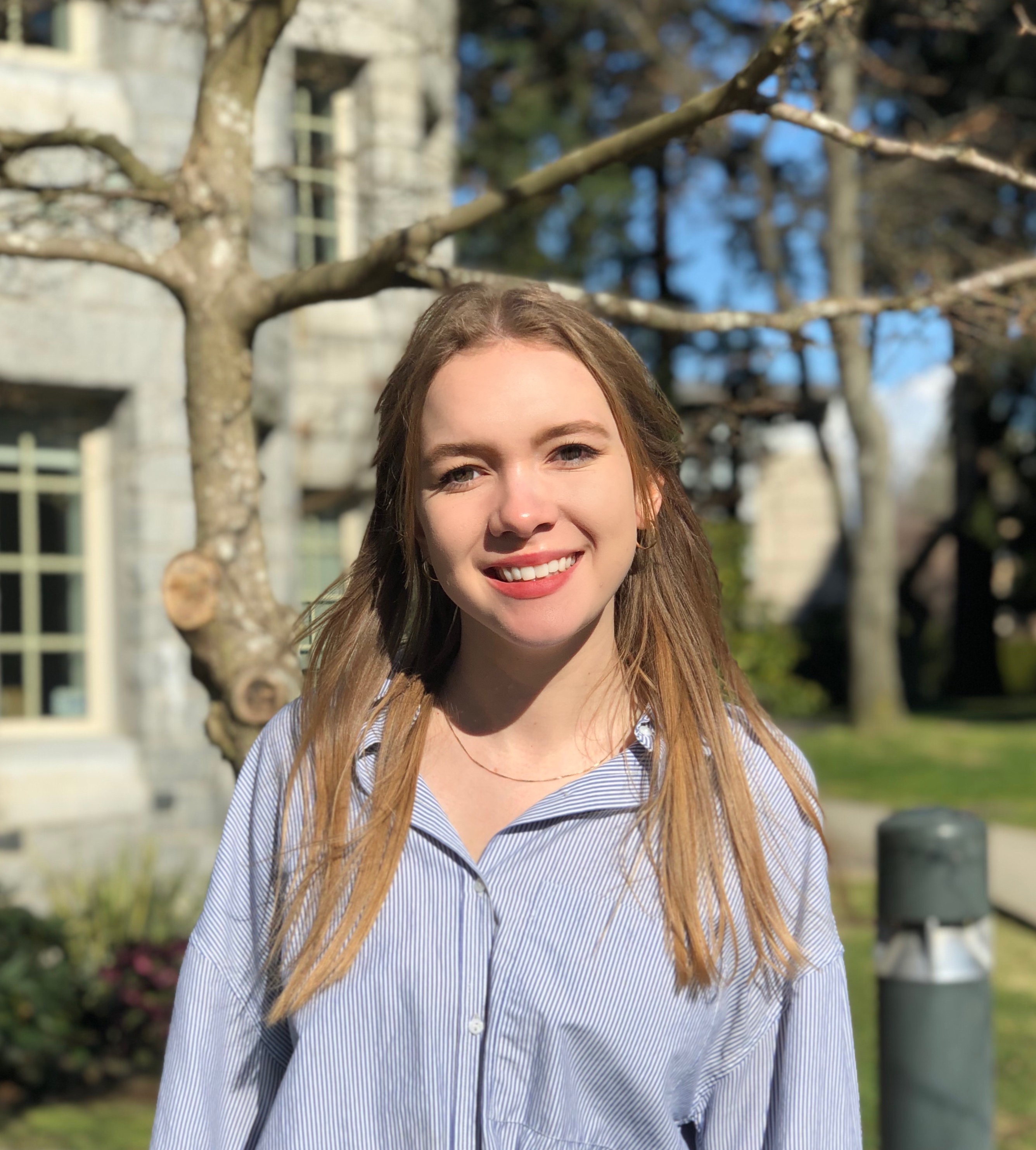

Why did you sign up to work with SHARP NGO?
I signed up because it seemed to be the perfect amalgamation of my career interests. Being a Bachelor of International Economics student, I have always been interested in global studies, with a particular interest in development and health economics. The combination of research and intervention development made this a great opportunity for me to develop my professional skills and learn more about developing mental health solutions for an underserved community.
How is your research impacting the community you are working with?
While still in the distant future, we hope to see an increase in academic ability, physical health, and an overall better school environment when dealing with mental health concerns of adolescents in the community. Although we are not working on the ground to implement the intervention, my team plans on staying in contact to get updates on the successes or failures of our work.
How did your team adapt to address challenges created by COVID-19?
Being completely online allowed us a lot of flexibility with our work. We were able to organize more meetings, book interviews with international experts and collaborate with people across the world.
Of course the online platform has its own set of challenges — ranging from technical issues to difficulty connecting with coworkers — but it provided us with new perspectives and opportunities that drove our work to be more insightful and inclusive than it would have been otherwise.
What is your biggest takeaway from participating in the project?
I learned a lot about myself and my values. It was intimidating being a second-year university student and working with seasoned professionals from all over the world. I often felt out of place and unqualified, but the more I worked with them and grew comfortable exerting myself, the more I realized I could make a valuable contribution. Everyone’s thoughts and considerations are valued and we all have a unique perspective to add to any workplace.
Sahil Kanani
Fourth-year Science student | Honours Chemistry
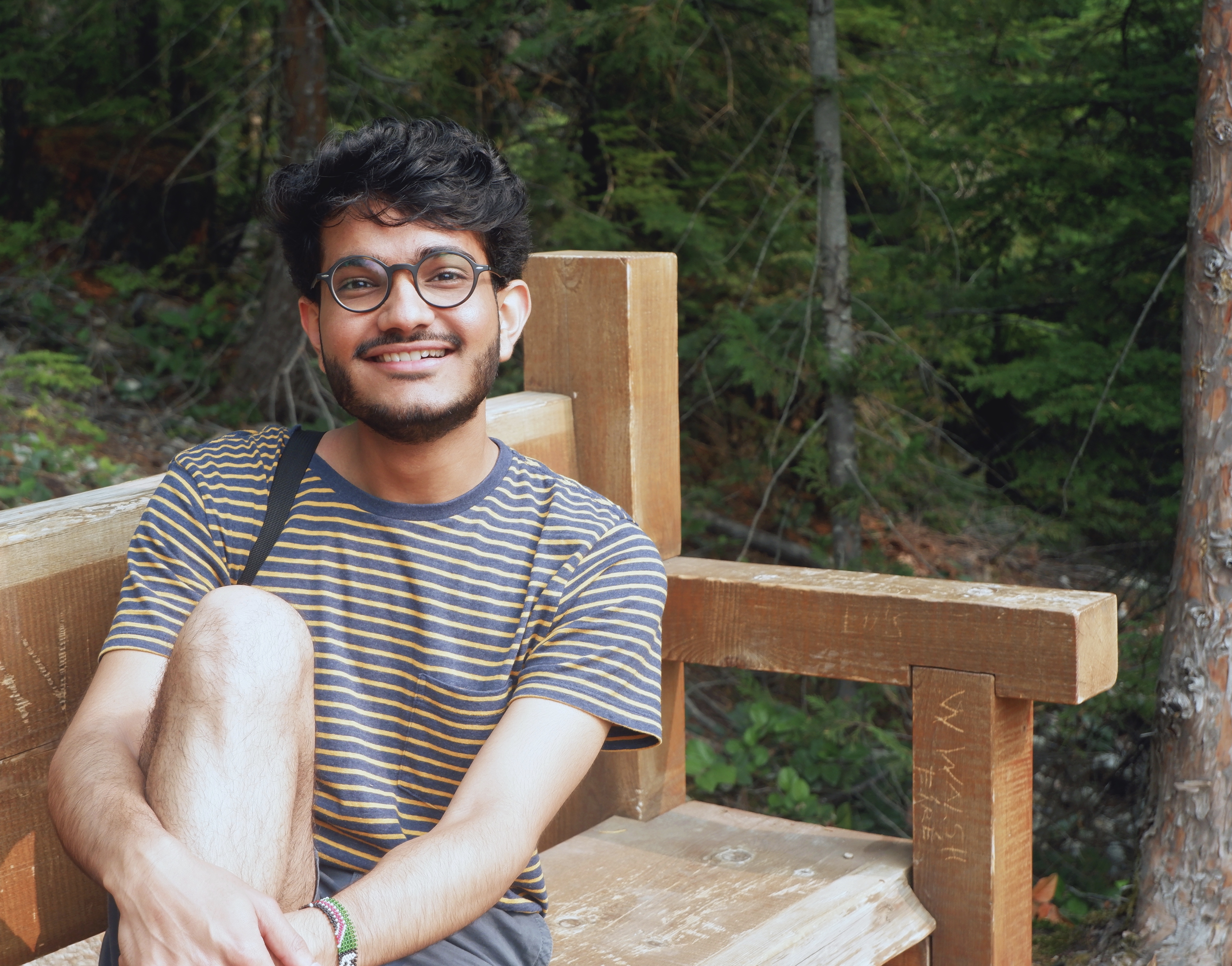

Why did you sign up to work with SHARP NGO?
I wanted to learn about the process of designing effective and sustainable multi-level interventions towards some of the most challenging questions in the world. The COVID-19 pandemic has served as a useful reminder of how global problems can have varying impacts in different parts of the world, with these impacts often being exacerbated in communities with high levels of inequity.
The example of school children unable to learn from home in my own country, Kenya, really prodded me to think about how inequities within overarching societal structures might trickle down to influence the downstream socio-emotional outcomes of children. I hoped that the design research framework used in this project would equip me with the skills to break down intricate questions such as these and challenge me to derive user-appropriate answers in the process.
What have you learned about yourself while working on this research project?
As a Science student working on a research project within the Faculty of Arts, I was definitely apprehensive about being able to keep up with concepts and frameworks outside of my field of study — but this was also the boon of my involvement, allowing me to contribute different ideas to the conversation and form new associations from my learning.
I have come to develop a renewed appreciation of the role of interdisciplinary education in fostering innovation and promoting dialogue.
Has this project changed the way you see the world?
Oftentimes, our notion of the world that we haven’t physically seen or interacted with comes from stores of information such as written accounts, paintings, audiovisual content, among other sources. When this information is largely framed from the perspective of a deficit, mostly focussing on the have-nots of a society, it comes as no surprise that our own perspectives of a place begin to be guided by similar ideologies. The fact that we found more information concerning the challenges of mental health care within the Indian context, as opposed to success stories, already tells you what the reader is supposed to perceive of the situation. This project forced us to question the assumptions and preconceived notions that underlie some of the sources we worked with, to determine if the information we were consuming was really a true reflection of the thoughts and experiences of the people inhabiting this context.
This project challenged me to approach the information I use to understand the world through a critical lens or, as professor and cultural critic Edward Said refers to, a conscious effort to avoid “othering” the parts of the world I am yet to learn about.
What would you say is your biggest takeaway from participating in the project?
The answers to some of the most difficult questions in the world can sometimes be arrived at by simply re-framing the question to start with. Instead of approaching a challenge through the perspective of overcoming a deficit, it is high time we start thinking about how to leverage the already established assets in a community in our quest for a suitable solution.
About ORICE
Inspire actions for a better world through meaningful engagement with your peers, faculty and communities. ORICE provides opportunities for engagement through programming such as the International Service Learning Program (currently in remote virtual form), regionally-based community engagement, and courses at UBC that bring community partners and their current areas of focus into the classroom.
